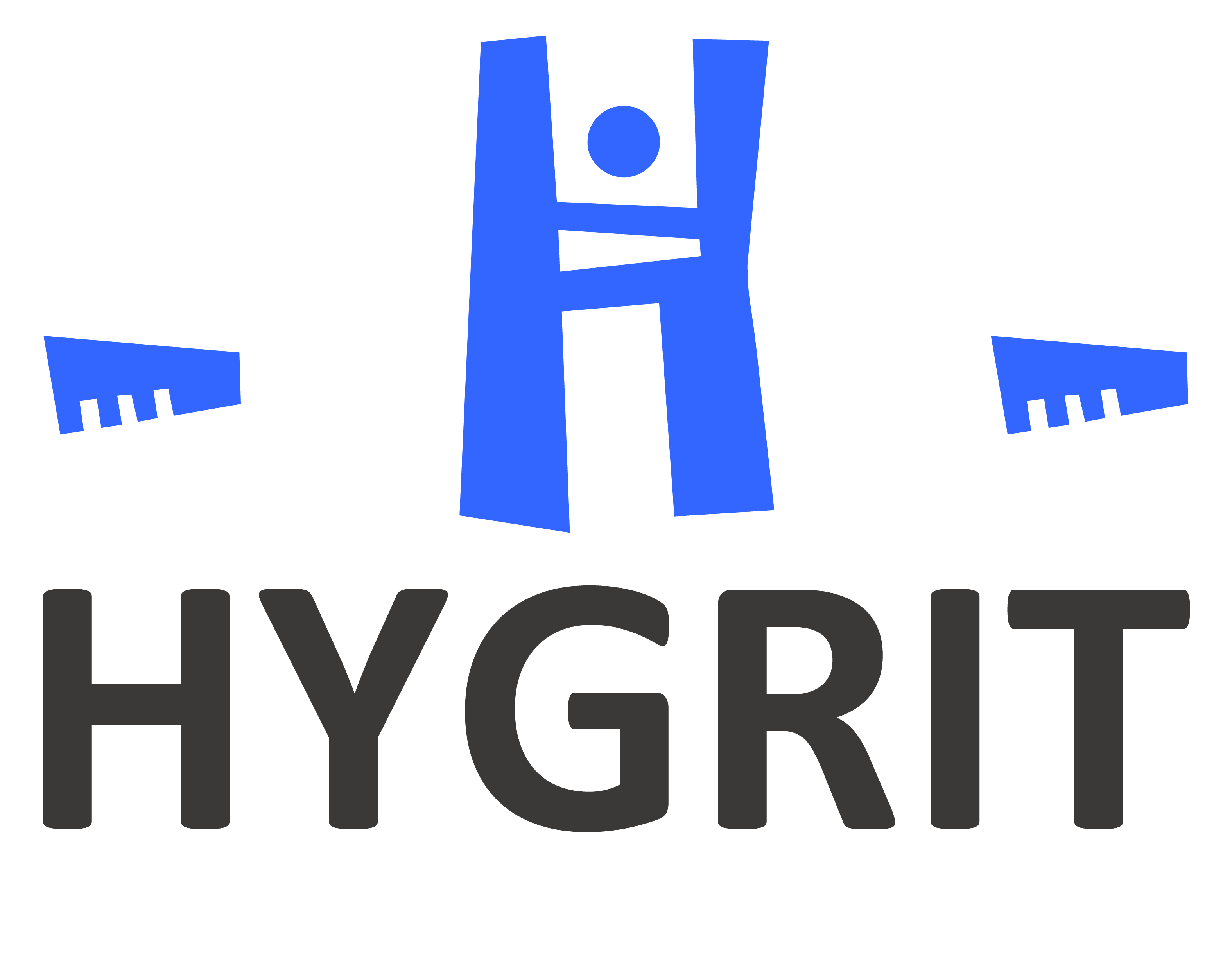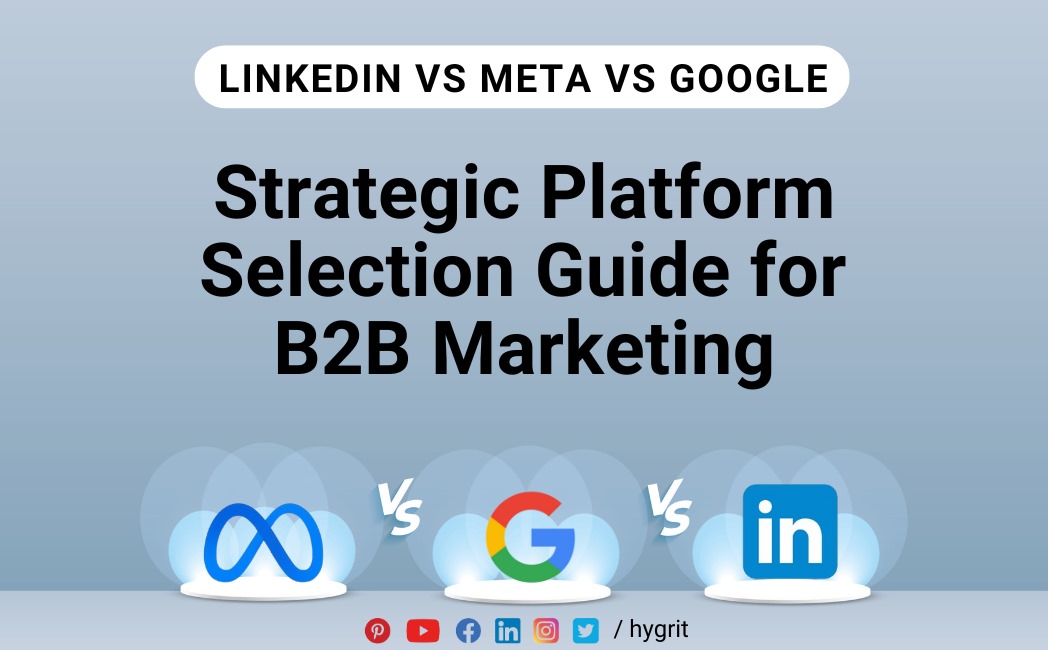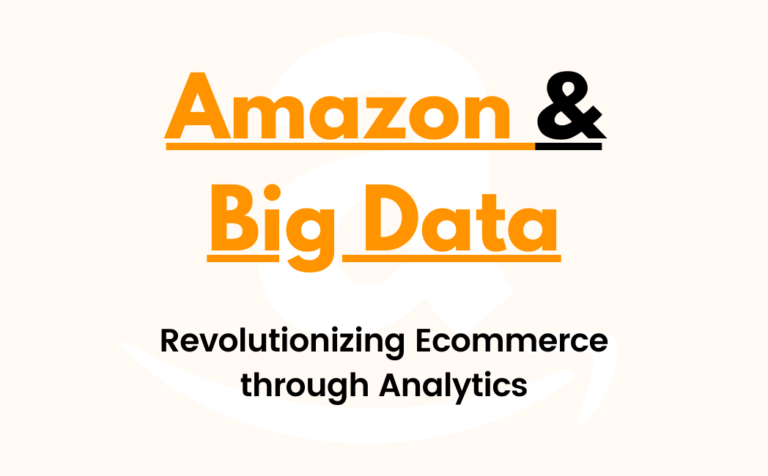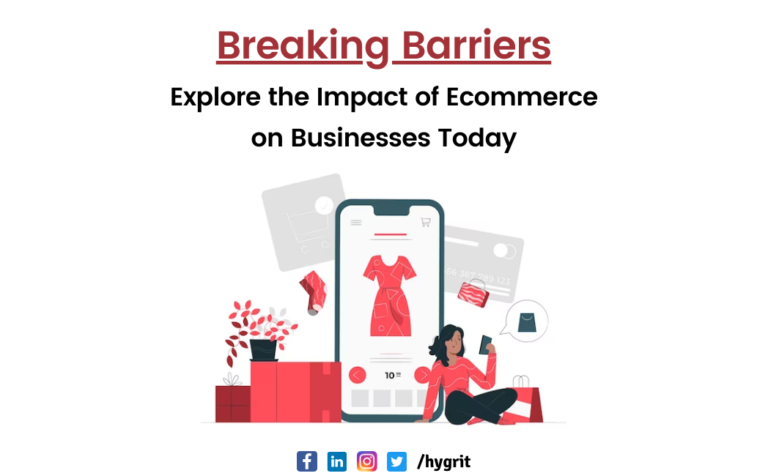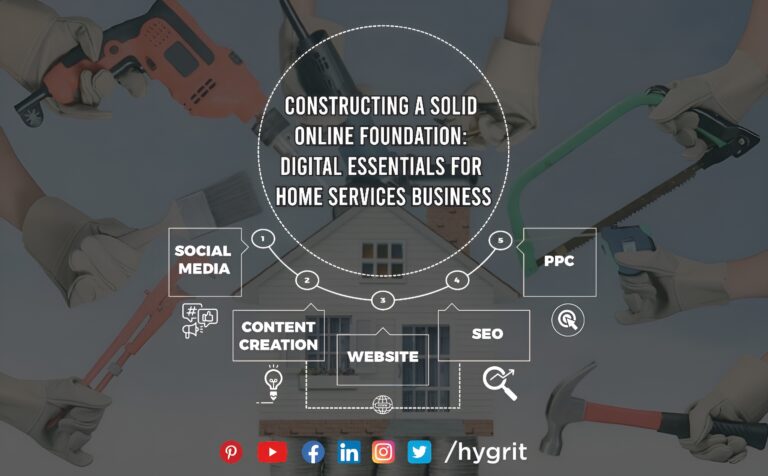In today’s digital landscape, choosing the right B2B marketing platform can make or break your marketing strategy. With LinkedIn, Meta (formerly Facebook), and Google each offering unique advantages, understanding where to invest your marketing budget is crucial for maximizing ROI and generating quality leads.
Understanding the B2B Marketing Landscape
Before diving into platform specifics, it is essential to recognize that successful B2B digital marketing requires a strategic approach tailored to your business goals. Each platform serves different purposes and audiences, making them suitable for various stages of the B2B buyer journey.
LinkedIn: The Professional Powerhouse
LinkedIn stands out as the premier B2B marketing platform for professional networking and business relationships. Here is why it might be your best choice:
Strengths:
– Precise professional targeting capabilities
– High-intent business audience
– Superior B2B lead generation potential
– Professional context for your content
Best For:
– Executive decision-maker targeting
– Industry-specific campaigns
– Professional content distribution
– B2B lead generation campaigns
– Thought leadership initiatives
Meta (Facebook & Instagram): The Versatile Connection
While traditionally known for B2C marketing, Meta’s platforms have evolved into powerful B2B marketing tools:
Strengths:
– Extensive audience reach
– Advanced targeting options
– Cost-effective advertising
– Various ad formats and placements
Best For:
– Brand awareness campaigns
– Retargeting strategies
– Video marketing
– Community building
– Employee advocacy
Google: The Intent-Driven Giant
Google Ads remains a cornerstone of digital marketing, offering unique advantages for B2B companies:
Strengths:
– High-intent search targeting
– Immediate visibility for solutions
– Comprehensive keyword targeting
– Display network reach
Best For:
– Search intent targeting
– Solution-based marketing
– Product launches
– Direct response campaigns
– Local B2B services
Making the Right Choice
Selecting the best B2B marketing platform depends on several factors:
- Business Objectives
– Lead generation
– Brand awareness
– Direct sales
– Market education
- Target Audience
– Decision-maker level
– Industry focus
– Geographic location
– Company size
- Content Strategy
– Thought leadership
– Product information
– Case studies
– Educational content
- Budget Considerations
– Cost per lead
– Campaign duration
– ROI expectations
– Testing requirements
The Integrated Approach
While each platform has its strengths, many successful B2B companies use an integrated approach. Start with one platform that best aligns with your primary objectives, then expand to others as you optimize your strategy and understand what works best for your business.
Getting Started
Begin by identifying your key performance indicators (KPIs) and mapping them to each platform’s strengths. Consider starting with LinkedIn for targeted professional outreach, using Meta for broader brand awareness, and implementing Google Ads for capturing high-intent search traffic.
Best Practices for Success
- Clearly define your target audience
- Create platform-specific content
- Set realistic budgets and timelines
- Monitor and optimize performance
- Test and iterate your approach
- Track ROI across platforms
Remember, the most effective B2B marketing platform is not necessarily the most popular one – it is the one that best serves your specific business goals and target audience. Start with a clear strategy, test different approaches, and continuously optimize based on data-driven insights.
Your success in B2B marketing depends not just on choosing the right platform, but on how well you execute your strategy across these channels. Take time to understand each platform’s unique advantages, and align them with your business objectives for maximum impact.
Don’t let uncertainty about platform selection hold your business back. Contact Hygrit today for a free consultation and platform analysis.
